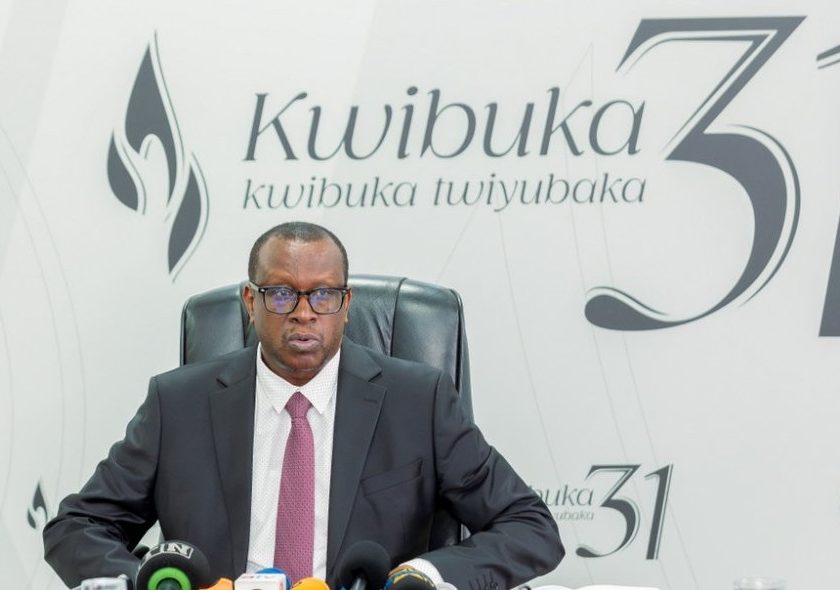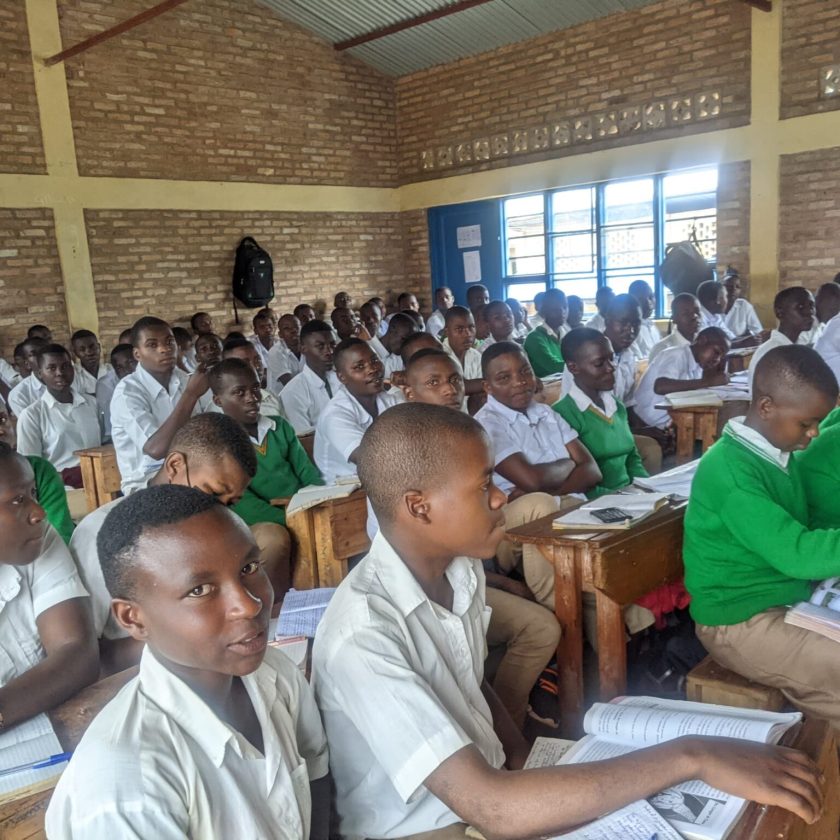Strategic branding and marketing coupled with research and data analysis will help boost the sustainable tourism industry on the continent, according to Tanzanian President Samia Suluhu Hassan.
She delivered her key remarks during the opening ceremony of the World Travel and Tourism Council (WTTC) on November 2, taking place at Kigali Convention Centre.
Happening for the first time in Africa, the three-day summit, running under the theme ‘Building Bridges to a Sustainable Future’, is a platform to discuss resilience and sustainable growth, the growing impact of AI, and understanding new and emerging markets, as well as cover the key challenges and opportunities facing the sector.
It brings together thousands of industry leaders, experts, and key government representatives to continue to align efforts to support the growth of the sector and move towards a safer, more resilient, inclusive, and sustainable future.
President Suluhu noted that Africa is endowed with rich and abundant natural and cultural tourist attractions, making the tourism sector a key contributor to the economy.
In order for the tourism industry to make expected and required strides, she said there are key approaches that African governments should consider undertaking.
She mentioned Africa should develop strategic branding and marketing with compelling narratives and brand identity that highlights Africa’s unique natural heritage, natural beauty, and diverse experiences to reach the global audience.
“Africa should tell its own story in its own terms and set a positive narrative about our continent. We cannot afford to continue remaining silent in this era of fake news. We should stand up and put the record straight. Africa is not only the future, it is now.”
In addition, she noted that it is imperative to prioritise conservation and support efforts to preserve cultural sites, artifacts, and traditions to ensure they remain accessible for future generations.
“Africa should continue to prioritise sustainable tourism practices by minimising the environmental footprint of tourism activities, promoting the conservation of natural resources, and supporting community-based tourism.”
Furthermore, Suluhu believes that research and data analysis on tourism trends, visitors’ preferences, and environmental impacts is critical to making informed decisions and refining strategies for sustainable growth across the continent.
Arnold Donald, Chair of WTTC, said the council has stood as a beacon for the tourism sector for the past 33 years, advocating for the positive impact travel and tourism have on the world, from economic growth to transforming lives and enhancing human health and happiness.
“Through travel, different peoples and cultures discover what we share in common, inspiring us to celebrate our differences rather than fearing or resenting them,” he added.
He also noted that the summit has been a cornerstone of efforts to promote inclusive, frictionless travel by addressing critical issues such as security, digitisation, seamless travel, and sustainability — all amidst challenges like the crippling global financial crisis and the devastating impact of Covid-19.
Burundian Vice President, Prosper Bazombaza, said the summit allows countries to redefine and form strategic initiatives that will address social, environmental, and economic challenges that the tourism sector is faced with.
“This summit also helps us to promote our many tourist attractions on the regional and international markets. However, some potential areas in certain countries remain untapped and it will require consolidated partnerships to explore and leverage those areas for the development,” he added.
Africa has the world’s youngest population and by 2033, $1 in every $13 created in Africa, will come from travel and tourism and 1 in 17 jobs will be in the sector.
By 2033, the WTTC predicts that the sector will contribute more than $430 billion to the African economy and that jobs in the sector will grow significantly, reaching more than 110 million people in total.
In Rwanda, the WTTC projects that by 2033 the travel and tourism sector will contribute more than $2.1 billion to the national economy and generate almost 568,000 jobs, whereas, globally, the industry is expected to create almost 126 million jobs worldwide within 10 years.
SOURCE: TNT





